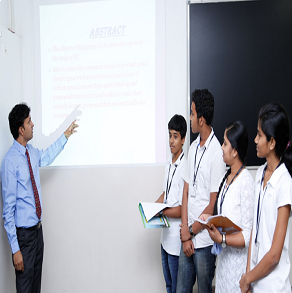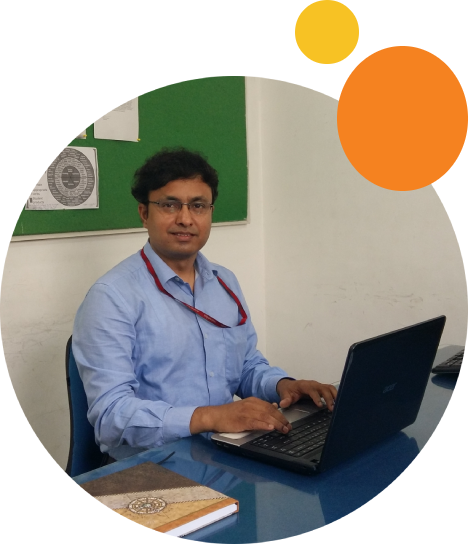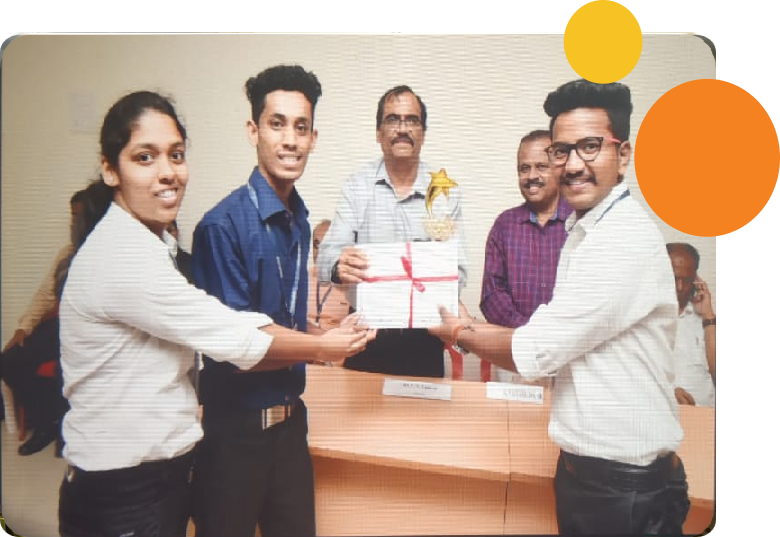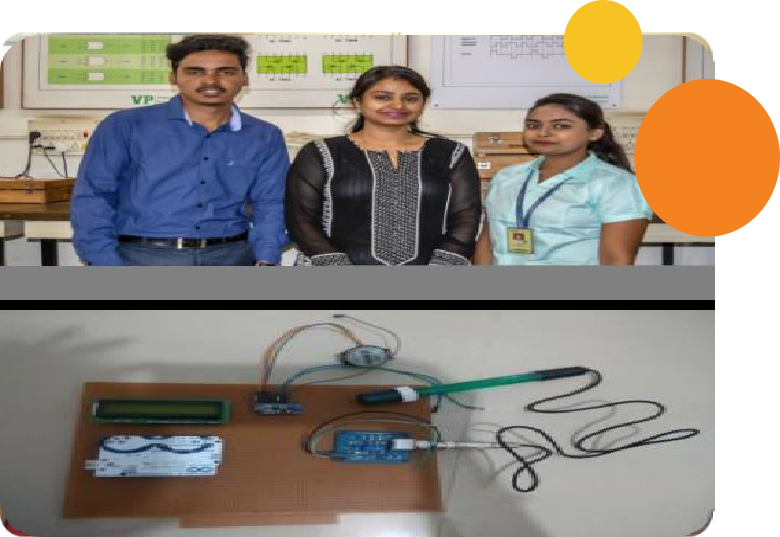Electronics and Computer engineering is the most sophisticated, demanding and largest branch of engineering. It has diverse application areas that have affected our daily life in various ways.
The world is anticipating a new millennium, which is going to be the wireless telecommunication age. Therefore new areas of research in material sciences, optics, MEMS, NEMS, together will contribute to a new revolution in replacing the present state of art devices and systems. Vidyalankar Polytechnic offers a three year Diploma course in Electronics and Computer Engineering affiliated to Maharashtra State Board of Technical Education (MSBTE), Mumbai and Approved by All India Council for Technical Education.
To develop Electronics and computer professionals having excellence in technical skills as well as universal values for catering to industrial and societal requirements.
M1: To impart high-quality, value-based technical education in Electronics and Computer Engineering using state -of-the-art infrastructure and to inculcate problem-solving attitude.
M2: To educate students to thrive in a competitive world with strong foundations and innovative thinking, develop leadership skills with discipline and ethics,
M3: To enable students to adapt rapidly changing technologies through enhanced level of industry institute interaction.

PEO1: Provide socially responsible, environment friendly solutions to Electronics & Computer Engineering related broad-based problems while adapting professional ethics.

PEO2: Adopt state of the art Electronics & Computer Engineering technologies to work effectively in multidisciplinary environments.

PEO3: Solve board-based engineering problems both individually and in teams, demonstrating strong communication skills and professional collaboration.
Basic and Discipline specific knowledge: Apply knowledge of basic mathematics, science and engineering fundamentals and engineering specialization to solve the engineering problems.
Problem analysis: Identify and analyse well-defined engineering problems using codified standard methods.
Design/ development of solutions: Design solutions for well-defined technical problems and assist with the design of systems components or processes to meet specified needs.
Engineering Tools, Experimentation and Testing: Apply modern engineering tools and appropriate technique to conduct standard tests and measurements.
Engineering practices for society, sustainability and environment: Apply appropriate technology in context of society, sustainability, environment and ethical practices.
Project Management: Use engineering management principles individually, as a team member or a leader to manage projects and effectively communicate about well-defined engineering activities.
Life-long learning: Ability to analyse individual needs and engage in updating in the context of technological changes.

Department of Electronics & Computer engineering at Vidyalankar polytechnic aims to develop skills and deepen knowledge of the basic concepts and theories in the field of electronics and telecommunication with applications such as Satellites, Next Generation Mobile phones, Air Traffic Control, etc. Employment opportunities for EXTC engineers are growing rapidly. Recently launched Make in India is not just about manufacturing but also innovation and engineering .India is working towards building smart cities. Smart cities don’t depend only on IT but as a basic infrastructure it is purely dependent on electronics Society.

The luggage tracking system is designed to track the luggage and bags which gets lost.This system works on an alarm basis where an alarm is set up with the arduino UNO board and a GPS module.Also the alarm is turned on as soon as the bag is theft and goes outside a particular range.
Achievements
Winner in State Level Project Competition

Water pollution is one of the biggest fears for the environment.In order to ensure the safe supply of the drinking water the quality needs to be monitor in real time.We present a design and development of a low cost system for real time monitoring of the water quality.The system consist of several sensors which measures physical and chemical parameters of the water.The measured values from the sensors can be processed by the core controller.The Arduino model can be used as a core controller.
Achievements
Winner in Regional Level Project Competition
The department boasts of a unique mode of learning, one that uses advanced aids for teaching. All the laboratories are provided with Internet facility through broadband connectivity. This facility caters to the computing, information processing and multimedia requirements of the students and faculty of the department. All the laboratories are air conditioned.
© 2024, All Rights Reserved By Vidyalankar Polytechnic Terms & Conditions | Privacy Policy
